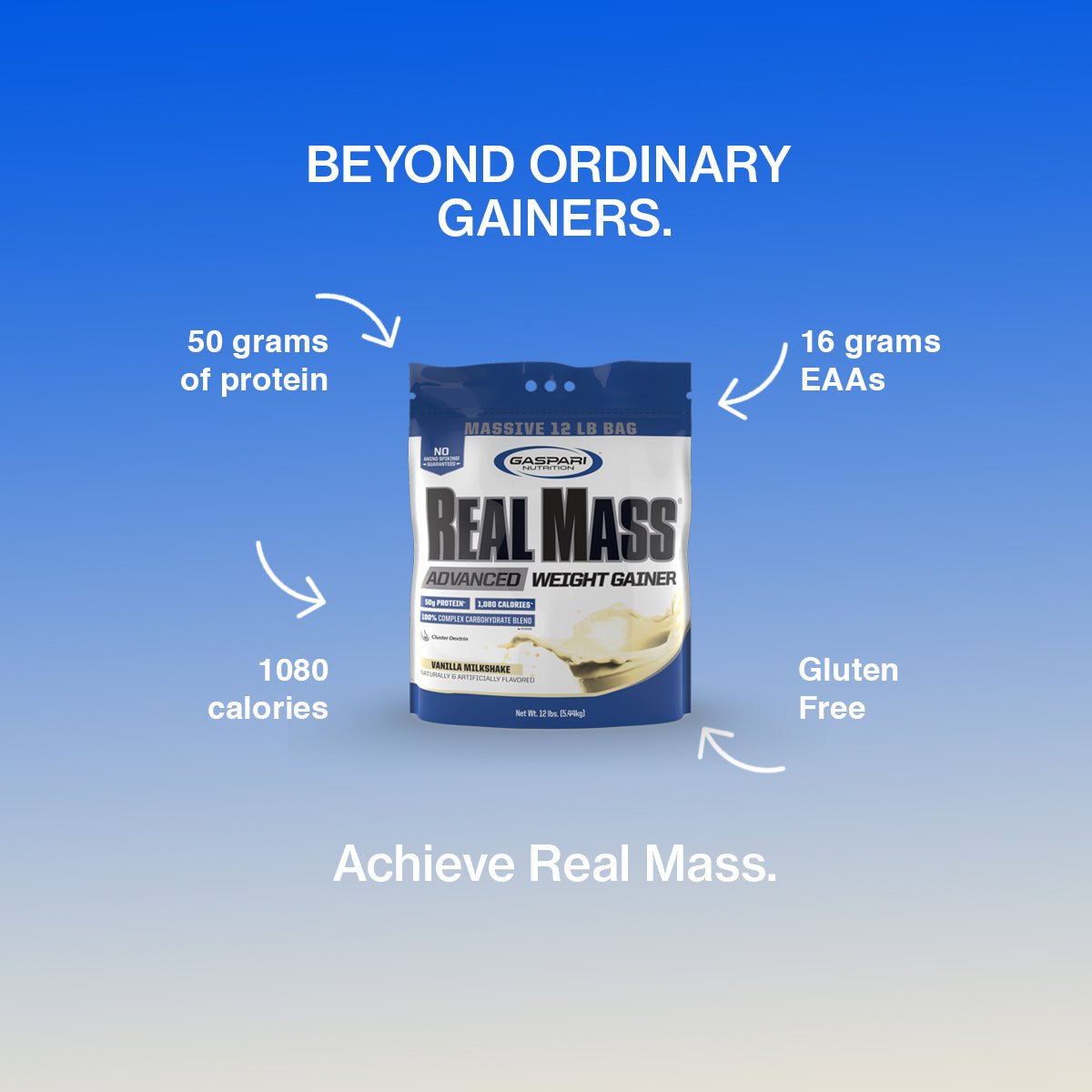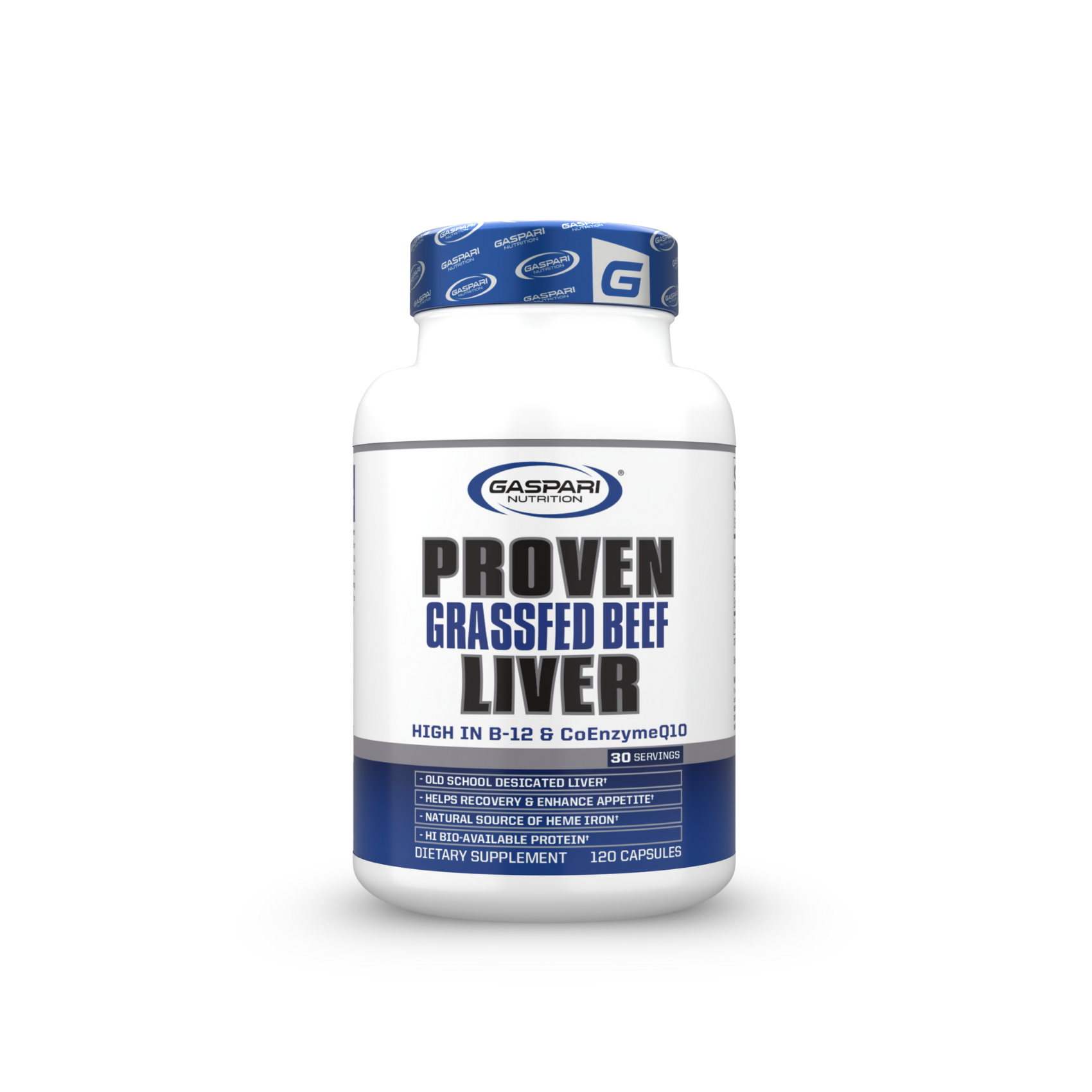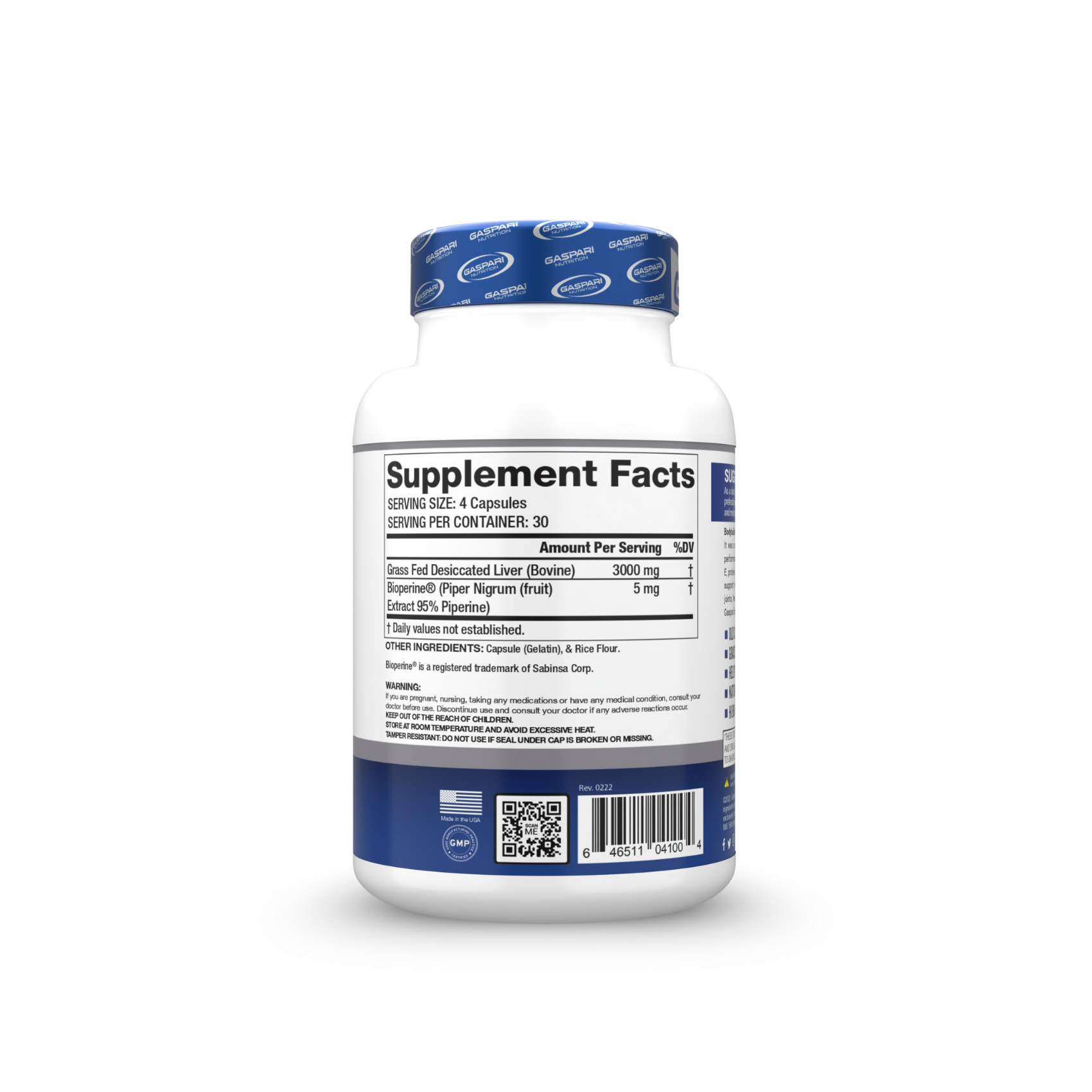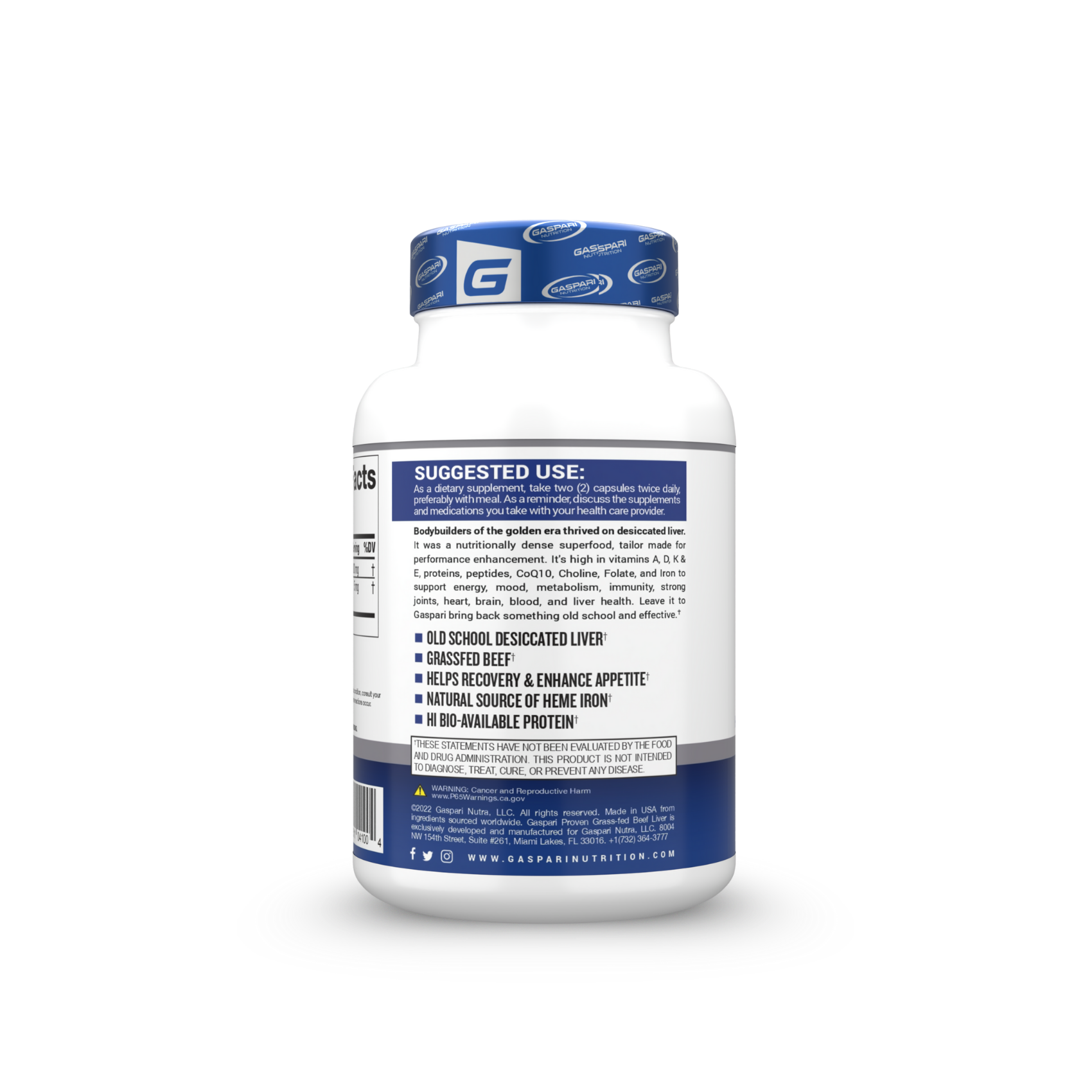Sometimes, health, especially nutritional health, can seem overwhelming. If you read the labels of multivitamins out there, you see so many obscure substances that don’t sound like “food” being boasted as key agents. These include things like copper, iron, magnesium, potassium and so on. It’s a nutritional supplement, not a lesson on the periodic table of elements, right?
Well, these aren’t mutually exclusive. You see, while the human body is amazing, and regardless whether you believe this the engineering magnum opus of a divine designer, or the culmination of natural selection, the result is the same – it’s a machine. Yes, we’re machines, made of complex organic compounds, molecules and structures.
It’s hard to think of ourselves this way, but ultimately, we’re electrically-powered, autonomous machines, just not ones made of wires and smelted steel. Our nervous system serves as our circuitry and wires, out bones are our superstructure, and our organs and muscles are our motors and power sources.
Thus, the optimal function of the human body depends on a lot of very complex chemical reactions, and thus, we need a lot of the base elements of which we’re made. And here we land back at our original point about needing these metals in our diet, even if the machines that are our bodies aren’t metal constructions.
One of the ones people are unsure of is zinc, which honestly isn’t an element people give much thought to. What else do you encounter, made of zinc? Well, lots of things actually contain it (including a lot of coins and circuit boards), but zinc is one of those things you don’t notice the presence of, but would grossly notice the absence of for sure.
This is the case for the human body, where zinc plays a lot of those complex electrochemical roles to make our machines run properly. It’s not just one role, but many, in various systems of the body, where it reacts in different conditions present. Zinc is important, and the RDA (recommended daily allowance) of zinc is eight milligrams for women, eleven milligrams for men.
So, what does zinc do for the body? Today, we’re going to learn some of the key roles it plays, why, and of course, the best sources for your zinc RDA. A lesser-known metal can make or break a lot of health concerns, it’s pretty amazing, isn’t it?
Immunity
Zinc’s biggest role in the human body is in immune system control, and aiding in attacking cancer. No, zinc won’t one day be announced as crucial in a cancer cure, but here’s the thing: everyone’s body is killing cancer cells on a regular basis. These cells happen by pure accident in everyone’s body, and some even persist in the form of moles or some forms of a birth mark, where they’re contained. DNA gets damaged sometimes when cells divide, or when outside influences such as radiation or some chemicals are present. In most cases, these cells are killed off, or at least safely regulated by the human immune system. Cases of diagnosed cancer result when an exceptionally high rate of cancer cells is present and becomes malignant, or it gets enough of a foothold before the immune system can respond. This is, of course, a severe simplification of cancer, but you get the idea.
Your immune system of course also fights viral infections, bacterial infections, and allergies. Severe zinc deficiencies (and in turn weakened immune systems) are how mostly harmless things like colds or the flu can become lethal, and used to often be so in an age before modern medicine.
Nervous System
Zinc is also crucial to the nervous system, especially when it comes to muscular control, and learning/memory. Zinc has a major impact on how neurons intercommunicate, and how signals jump those gaps. Thus, the effectiveness of memory and learning can be tied directly, in part, to zinc among other elements (iron is also crucial here, as is potassium, though potassium is more critical to muscular issues).
This is why for the elderly and those with poor memory, zinc-rich foods and supplements are highly recommended, and a lot of proven-effective herbal supplements for memory and clarity of thought, often contain zinc-rich sources such as certain roots and flowering parts of plants. This doesn’t make zinc a magical tonic that will drastically improve your intelligence, clarity of thought or memory retention, but it will stave off a dip in these which comes from a deficiency, and it can improve existing neural functionality to some level.
It will vary a lot here, of course, depending on other factors.
Healing
Zinc is also critical to skin health, being a critical agent in the body’s response to damage and quicker, more effective healing. Many skin health supplements include zinc, even topical ones, due in large part to this.
Fertility
Zinc deficiencies are also linked to low sperm counts in several studies, though this particular issue is still being studied, and not entirely yet understood. However, these results have been fairly consistent, enough that many physicians are recommending more zinc intake for males where fertility issues have been present.
Fighting Aging
Aging is the result of all the problems of the body becoming more than it can handle combatting due to entropy. As zinc is critical to skin health, nerve health, immunity and overall effective functionality of the body, it’s not surprising that it is a common component in combatting the ravages of old age.
Zinc is not a magical fountain of youth by any means, but can do a lot to combat the severity of old age symptoms such as loss of lucidity, dulling of senses, nerve health and much more.
Sources
So, while supplements are all well and good, a lot of people would prefer to get as close to their RDA as possible through dietary measures. Many foods provide plenty of zinc, such as beef, seafood, green legumes, rice, peanuts, red beans and many more. You may still need a small supplement, however, as other nutritional concerns may conflict.
A Warning
Excessive zinc can be problematic, resulting in nausea, vomiting, loss of appetite, stomach pains, diarrhea and even tension headaches. Thus, while zinc is important, vastly exceeding your RDA of this substance could result in far from fatal, but unpleasant repercussions.
To learn more about how to incorporate a healthy zinc intake into your diet the right way, follow us on Facebook today! At Gaspari, we offer excellent supplements that can put less of a strain on your dietary balancing as well!
The post What Are Some Benefits Of Taking Zinc? appeared first on Gaspari Nutrition.























































































Share:
How Much Protein Should A Woman Take?
What Are Probiotics?